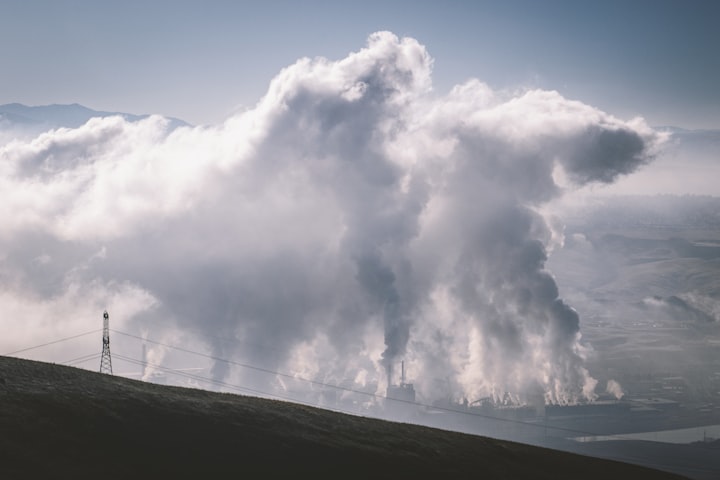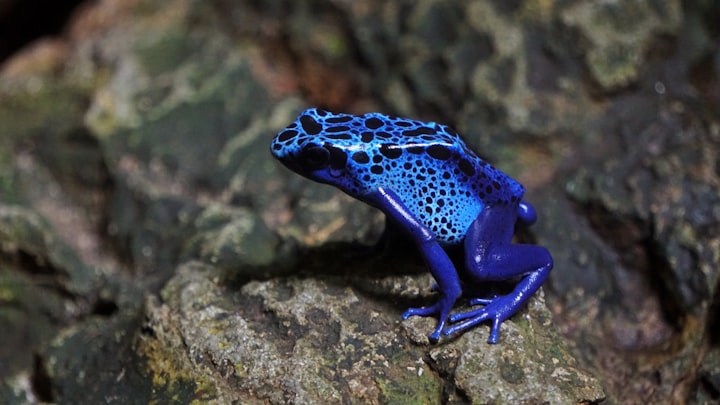
Air quality is a critical aspect of the environment that directly affects the health and well-being of all living organisms on Earth. Over the past few decades, concerns about air pollution have grown exponentially as the world witnesses the detrimental effects of poor air quality on human health, ecosystems, and the global climate. This article aims to explore the current state of air quality across the world, highlighting its major causes, consequences, and potential solutions.
Air pollution is a pervasive problem worldwide, with both developed and developing countries grappling with its consequences. According to the World Health Organization (WHO), 91% of the global population currently resides in areas where air quality exceeds the organization's guidelines. This alarming statistic underscores the urgent need for concerted action to address this crisis.
Several factors contribute to the deterioration of air quality on a global scale. Industrial emissions, vehicular exhaust, burning of fossil fuels, agricultural activities, and deforestation are among the primary sources of air pollutants. Additionally, the burning of biomass for cooking and heating purposes in many developing countries significantly contributes to the degradation of air quality.
Human Health the impact of air pollution on human health is profound. Exposure to pollutants such as fine particulate matter (PM2.5), nitrogen dioxide (NO2), sulfur dioxide (SO2), and ground-level ozone (O3) has been linked to respiratory diseases, cardiovascular problems, allergies, and even premature death. Children, the elderly, and individuals with pre-existing health conditions are particularly vulnerable.
Climate Change and Air pollution and climate change are closely intertwined. The emission of greenhouse gases, primarily carbon dioxide (CO2) and methane (CH4), contributes to global warming and alters weather patterns. Additionally, certain air pollutants, such as black carbon, accelerate the melting of glaciers and the Arctic ice, exacerbating the effects of climate change.
Ecosystems Air pollution adversely affects ecosystems, leading to reduced crop yields, forest decline, and biodiversity loss. Acid rain, caused by emissions of sulfur dioxide and nitrogen oxides, damages forests, freshwater bodies, and soil quality, disrupting delicate ecological balances.
Policy and Regulation Governments play a crucial role in combating air pollution. Implementing and enforcing stringent environmental regulations, including emission standards for industries and vehicles, can significantly reduce pollutant levels. International cooperation and agreements, such as the Paris Agreement, aim to mitigate greenhouse gas emissions and combat climate change on a global scale.
Transition to Clean Energy Shifting from fossil fuels to clean and renewable energy sources, such as solar and wind power, is vital to reducing air pollution and greenhouse gas emissions. Investing in sustainable energy infrastructure and promoting energy-efficient practices can contribute to cleaner air and a healthier environment.
Public Awareness and Education raising awareness about the detrimental effects of air pollution is essential to drive behavioral changes and encourage individuals to make environmentally conscious choices. Educating communities about the benefits of sustainable transportation, energy conservation, and responsible waste management can foster a collective effort to improve air quality.
Technological Innovations advancements in technology offer promising solutions for tackling air pollution. Developing and adopting innovative air filtration systems, catalytic converters for vehicles, and clean cooking technologies can significantly reduce pollutant emissions and improve air quality.
The global air quality crisis demands urgent action from governments, industries, communities, and individuals alike. Recognizing the far-reaching consequences of air pollution on human health, ecosystems, and the climate, it is crucial to implement effective policies, transition to clean energy sources, raise public awareness, and foster technological innovations. By working collectively to combat air pollution, we can create a cleaner and healthier environment for present and future generations. Let us strive for a world where clean air is a fundamental right for all.
About the Creator
Soyini
Perusing is really great for you since it works on your concentration, memory, sympathy, and relational abilities. It can lessen pressure, work on your emotional wellness, and assist you with living longer.





Comments
There are no comments for this story
Be the first to respond and start the conversation.